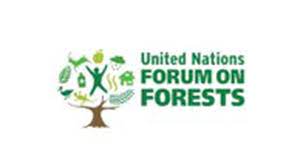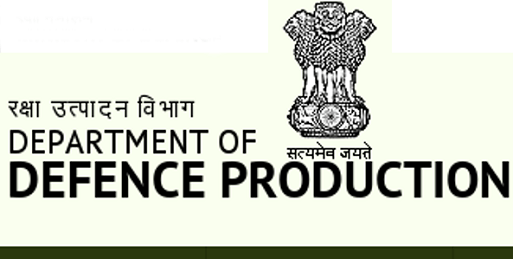The Ministry of Environment, Forest and Climate Change is currently hosting a Country-Led Initiative (CLI) event as part of the United Nations Forum on Forests (UNFF), taking place from October 26 to 28, 2023, at the Forest Research Institute (FRI) in Dehradun, Uttarakhand. India, a founding member of UNFF, played a pivotal role in shaping the world’s first UN Strategic Plan for Forests from 2017 to 2030, emphasizing sustainable forest management and the fight against deforestation and forest degradation.
The CLI’s core objective is to enhance UNFF discussions about Sustainable Forest Management (SFM) and the UN Strategic Plan for Forests, promoting the sharing of best practices among UNFF member States. This includes a focus on forest fires and forest certification. Experts from UNFF member countries, United Nations bodies, regional partners, and major groups will engage in discussions on these topics.
The formal meeting kicked off on October 26, 2023, with two days allocated for discussions focusing on forest fires and forest certification. The third day is dedicated to a field trip. These discussions aim to facilitate the exchange of best practices to advance the Global Forest Goals outlined in the UN Strategic Plan for Forests (UNSPF).
The world has witnessed a concerning rise in the scale and duration of wildfires, causing severe damage to biodiversity, ecosystems, human well-being, livelihoods, and national economies. Forested areas have been particularly affected, with about 100 million hectares, equivalent to 3% of the world’s forests, impacted by fires each year. The consequences include poor air quality, significant loss of human and wildlife lives, reduced ecosystem services, and extensive property damage, exemplified by high-profile wildfires in the northern hemisphere this past summer. India is also grappling with this global trend, as changing climate patterns lead to recurrent forest fires.
Forest certification has gained global significance in recent years. The certified forest area has grown by 35% (120 million hectares) since 2010, with a notable increase of 27 million hectares between 2020 and 2021. Nevertheless, developing countries face various challenges in the certification process, such as high costs, complex audits and compliance requirements, difficulties in extending certification to remote forest owners, and limited capacity due to diverse certification standards. Discussions about forest certification aim to enrich policy landscapes, particularly in developing nations.
The UN Forest Instrument has adopted policy measures to encourage sustainable forest management, including the promotion and transparent implementation of voluntary instruments like certification systems. However, some countries perceive these measures and certification requirements as possible trade obstacles or market hindrances for their forest products. In contrast, other nations endorse forest certification as an effective means to ensure sustainable forest management and prevent forest degradation or deforestation. Another concern pertains to the preference of a few certifying bodies by most consumer markets, potentially overshadowing alternative certification schemes.
This meeting is expected to bring in more in-depth discussions among participating states, uniting over 80 delegates representing more than 40 countries and 20 international organizations, both in person and online. The meeting’s outcomes are anticipated to yield practical frameworks and recommendations for the effective management of forest fires and forest certification, ultimately advancing the cause of Sustainable Forest Management. These recommendations will be on the agenda for deliberation at the 19th session of UNFF, slated for May 2024 at UN Headquarters, New York.





